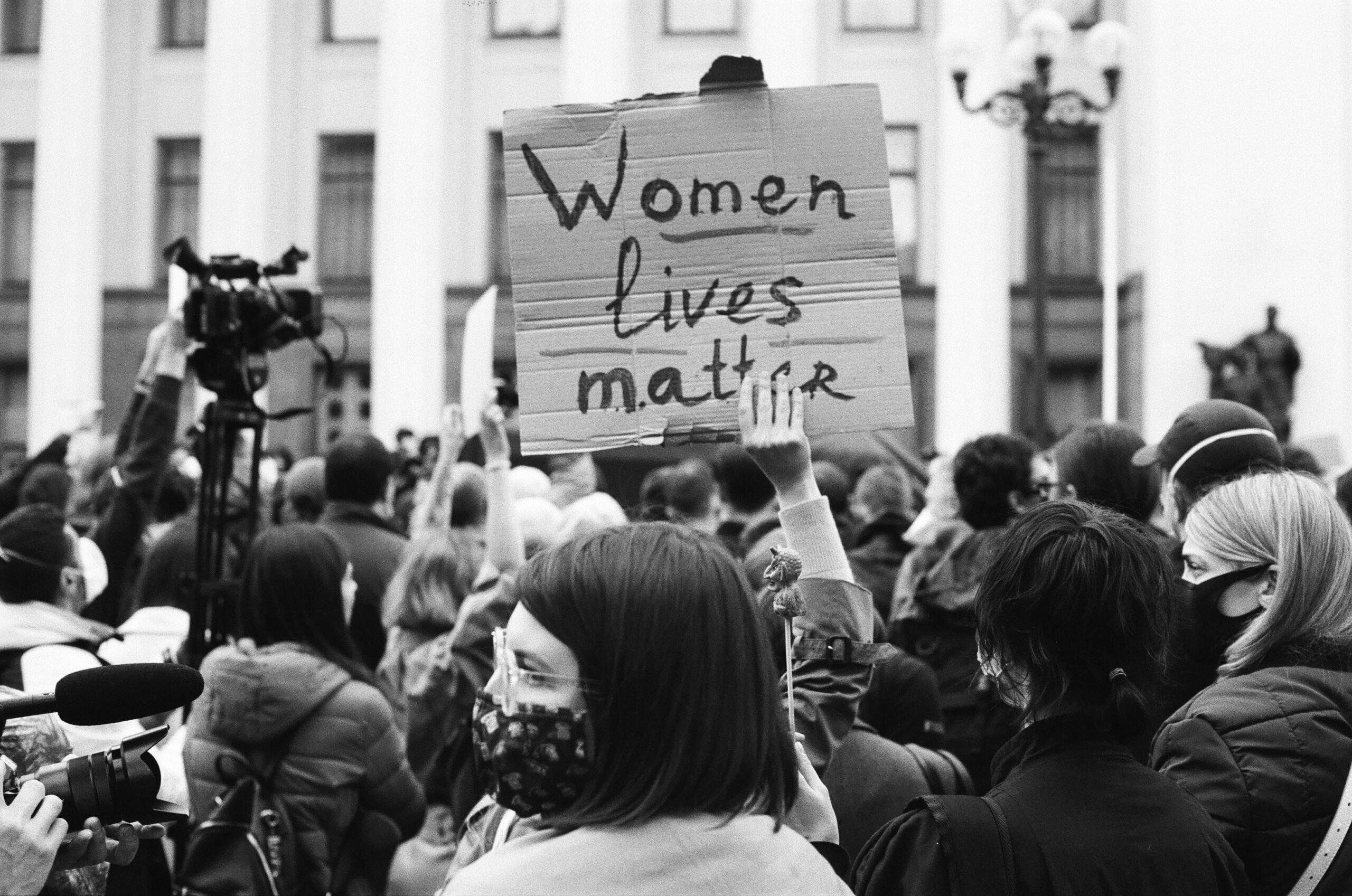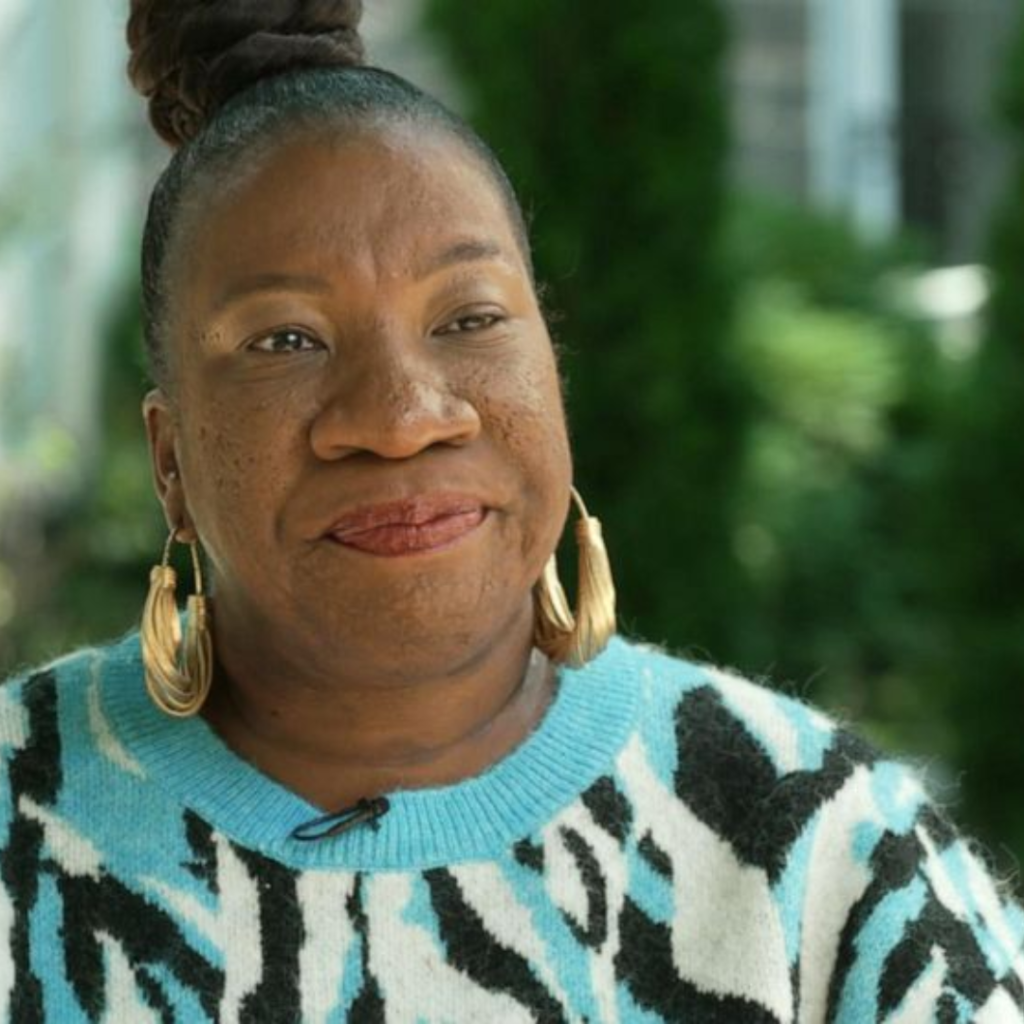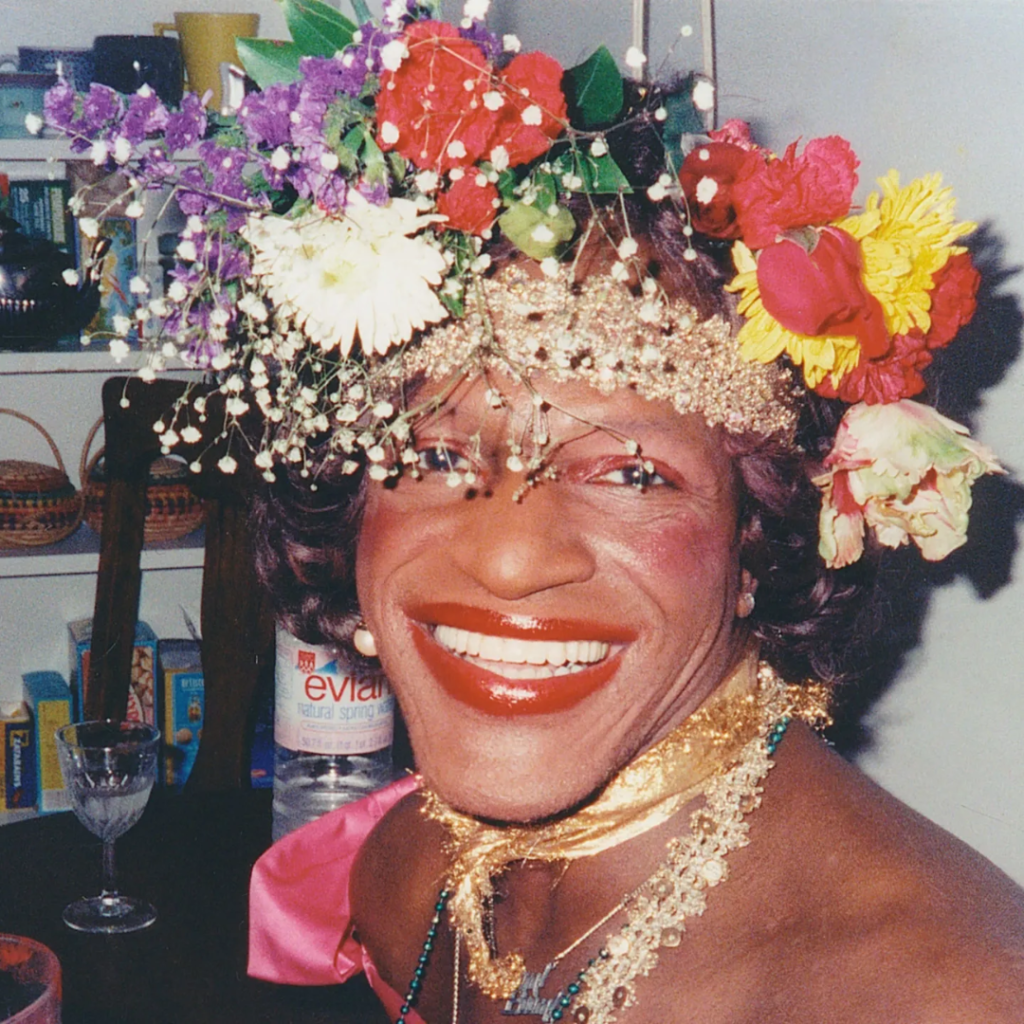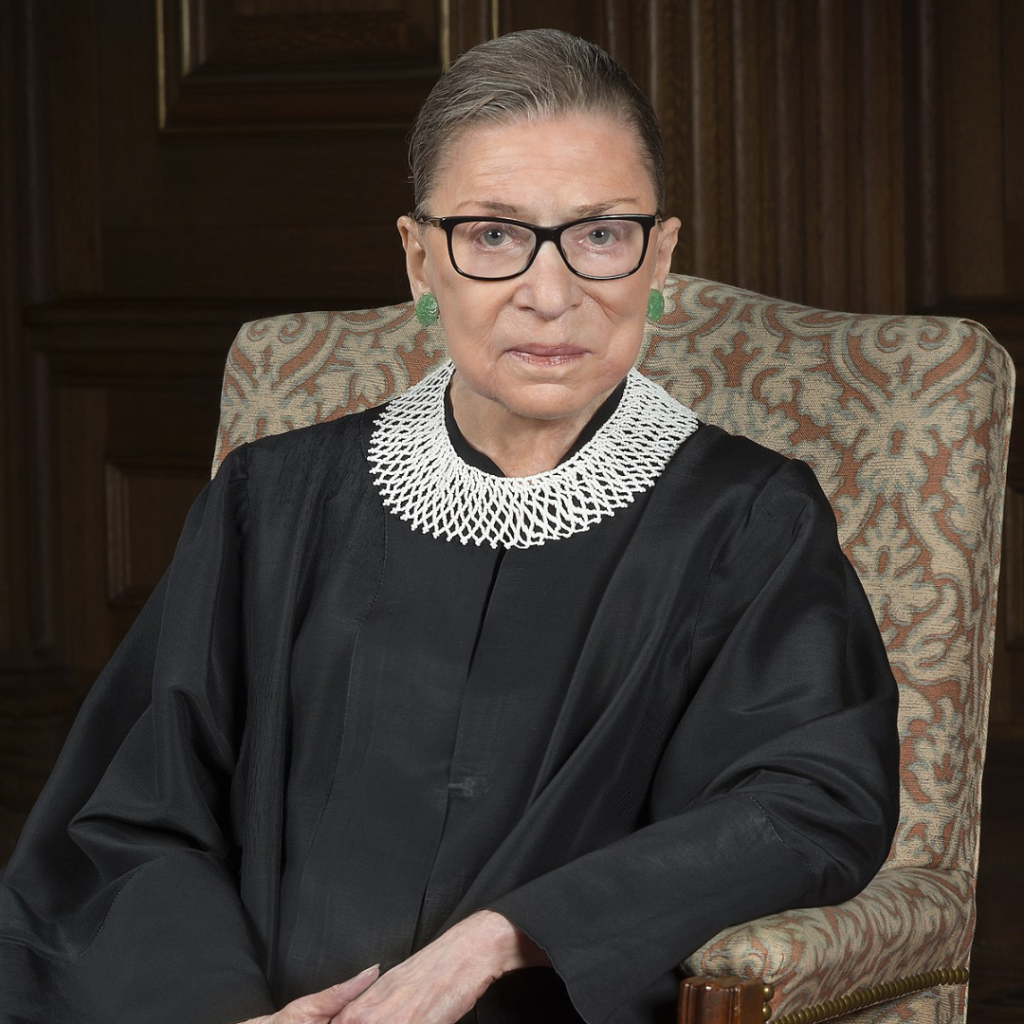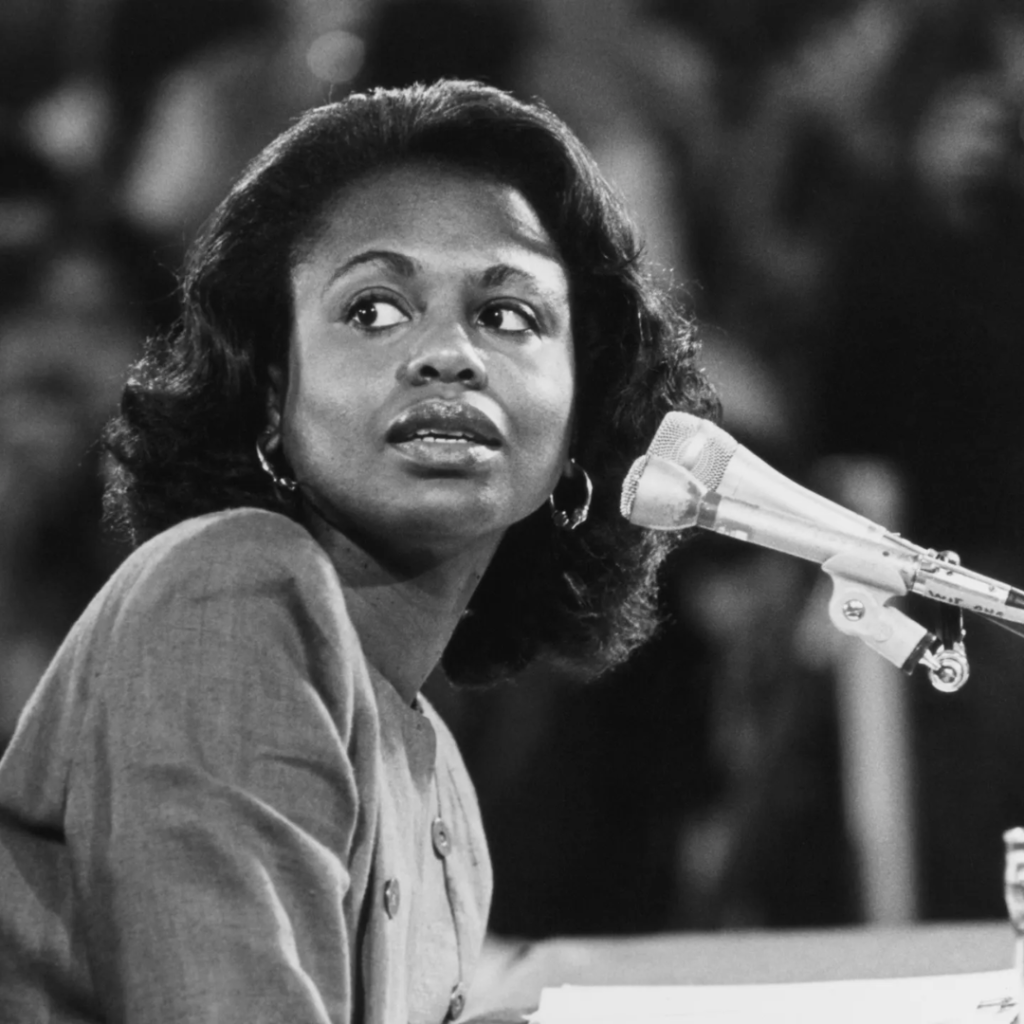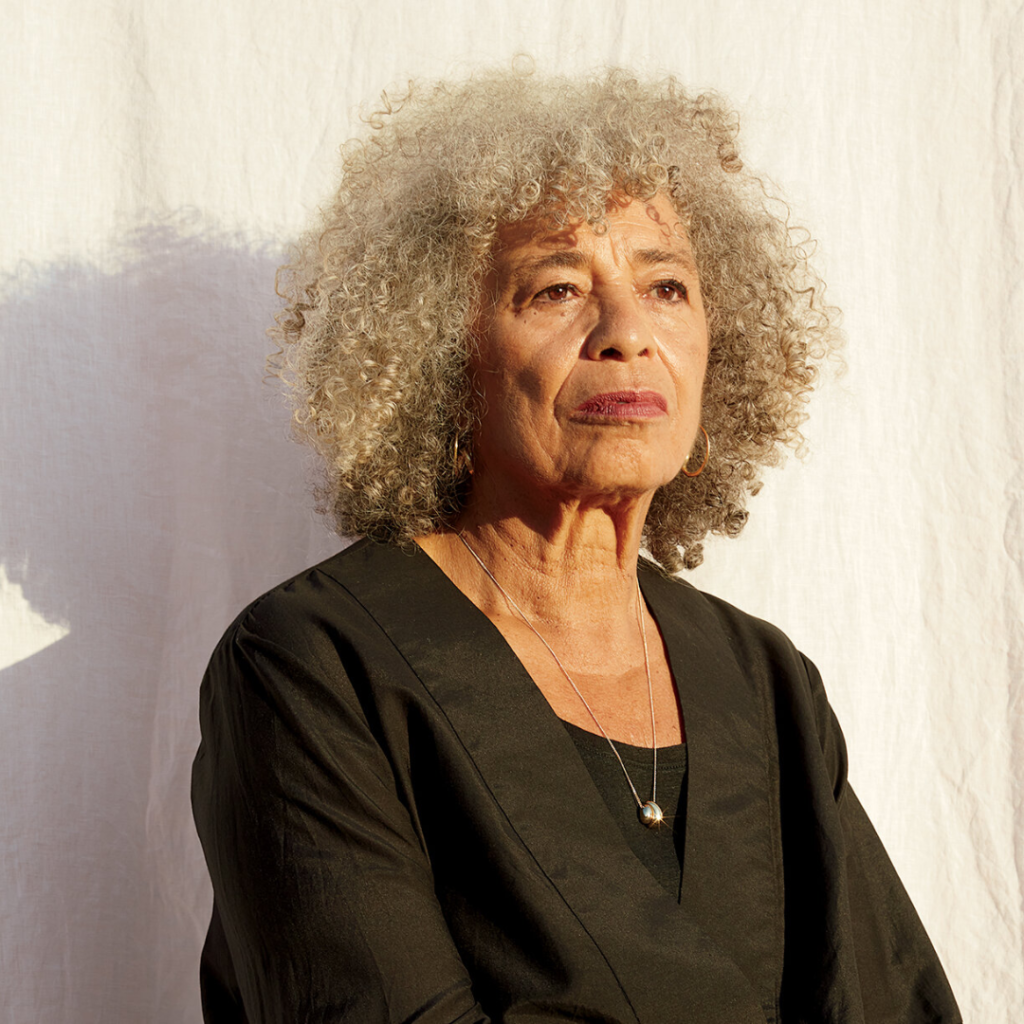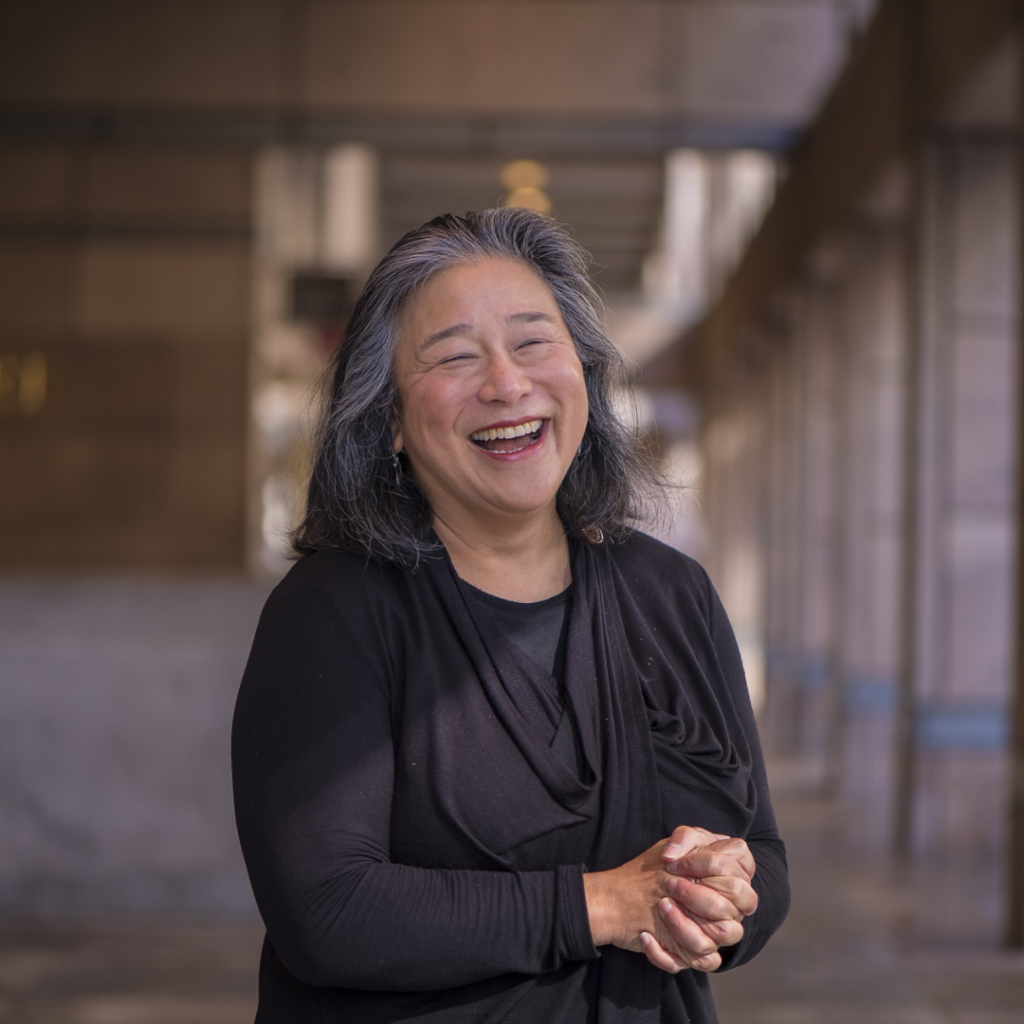Profiles in Courage and Advocacy for Survivors
March marks Women’s History Month, a time to celebrate the accomplishments and contributions of women throughout history.
While we reflect on the progress made in various fields, it’s essential to spotlight the women who have been at the forefront of combating domestic violence and sexual assault. Their tireless efforts have not only raised awareness but also transformed policies, institutions, and societal attitudes. Let’s take a moment to recognize these remarkable leaders and their significant contributions.
Tarana Burke: Tarana Burke is a civil rights activist, community organizer, and the founder of the “Me Too” movement, which has become a global phenomenon in the fight against sexual harassment and assault. Born and raised in New York, Burke has dedicated her life to advocating for survivors and creating spaces for healing, empowerment, and social change. Burke first coined the phrase “Me Too” in 2006 as part of her work with survivors of sexual violence, particularly young women of color from marginalized communities. Through her experiences working with survivors, Burke recognized the need for a movement that centered on empathy, solidarity, and healing. The “Me Too” movement was born out of this vision, aiming to provide support and resources to survivors while challenging the culture of silence and shame that surrounds sexual violence. Although the movement gained widespread attention in 2017 when the #MeToo hashtag went viral on social media (following the Harvey Weinstein allegations), it was Burke’s years of grassroots activism that laid the foundation for its success. Burke’s leadership and advocacy have not only empowered survivors to speak out but also sparked a global conversation about the prevalence of sexual harassment and assault in various sectors of society. Beyond her work with the “Me Too” movement, Burke is a passionate advocate for racial and gender justice. She emphasizes the intersectional nature of sexual violence, highlighting how race, class, gender identity, and other factors intersect to shape individuals’ experiences of oppression and marginalization. Burke’s activism seeks to address these intersecting forms of inequality while centering the voices and experiences of those most impacted by sexual violence. In addition to her advocacy work, Burke is also an author, speaker, and educator who travels the world sharing her story and empowering others to join the fight against sexual violence. She continues to work tirelessly to build a world where all individuals are free from the fear of harassment, assault, and abuse.
Marsha P. Johnson: Marsha P. Johnson was a prominent transgender activist and a pivotal figure in the LGBTQ+ rights movement in the 1960s and 1970s. While not exclusively focused on gender-based violence, Johnson’s advocacy for marginalized communities intersects with issues of domestic violence and sexual assault (since LGBTQ+ individuals experience higher rates of these types of violence). As a founding member of the Gay Liberation Front and the Gay Activists Alliance, she fought against discrimination and violence targeting LGBTQ+ individuals, including cases of domestic violence and sexual assault within the community. Johnson’s legacy continues to inspire activists advocating for the rights and safety of all individuals, regardless of gender identity or sexual orientation.
Ruth Bader Ginsburg: While renowned for her groundbreaking work in gender equality and women’s rights, Ruth Bader Ginsburg also played a crucial role in addressing issues of domestic violence and sexual assault. As a Supreme Court Justice, Ginsburg authored significant opinions that expanded legal protections for survivors and enhanced accountability for perpetrators. Her jurisprudence helped shape policies addressing gender-based violence and provided a legal framework for advocacy efforts seeking justice for survivors.
Anita Hill: Anita Hill is an American attorney, academic, and civil rights activist known for her courageous testimony during the 1991 confirmation hearings for Supreme Court Justice Clarence Thomas. As a law professor at the time, Hill came forward with allegations of sexual harassment against Thomas, her former supervisor at the Equal Employment Opportunity Commission (EEOC). Hill’s testimony brought national attention to the issue of sexual harassment in the workplace and sparked a public conversation about gender dynamics and power structures. Despite facing intense scrutiny and backlash, Hill remained steadfast in her commitment to truth and accountability. Although Thomas was ultimately confirmed to the Supreme Court, Hill’s bravery paved the way for greater awareness and advocacy around sexual harassment and gender-based discrimination. Her testimony prompted changes in workplace policies and attitudes, inspiring countless women to speak out against harassment and demand accountability from perpetrators and institutions. In the decades since the hearings, Hill has continued her work as a champion for gender equality and social justice. She has written extensively on issues of race, gender, and workplace discrimination, advocating for systemic reforms to address systemic inequalities.
Angela Davis: Angela Davis is a scholar, activist, and author whose work encompasses various social justice issues, including domestic violence and sexual assault. Through her writings and activism, Davis highlights the intersections of race, gender, and class in experiences of violence and oppression. She advocates for comprehensive approaches that address the root causes of violence while promoting community-based solutions and support systems for survivors. Davis’s contributions to feminist theory and anti-violence movements continue to inspire generations of activists.
Tina Tchen: Tina Tchen is a prominent attorney, advocate, and leader in the fight against sexual harassment and gender-based discrimination. With a distinguished career spanning law, public service, and activism, Tchen has dedicated her life to advancing women’s rights and equality in the workplace. Tchen gained national recognition during her tenure as Chief of Staff to former First Lady Michelle Obama, where she played a pivotal role in initiatives such as Let Girls Learn and the Reach Higher education campaign. However, it is her current role as President and CEO of TIME’S UP that has cemented her legacy as a trailblazer in the movement to end sexual harassment and promote workplace equity. Under Tchen’s leadership, TIME’S UP has emerged as a powerful force for change, providing resources, advocacy, and legal support to survivors of sexual misconduct while advocating for systemic reforms in workplaces across industries. Tchen has been instrumental in spearheading campaigns such as the TIME’S UP Legal Defense Fund, which offers subsidized legal support to individuals facing sexual harassment and retaliation in the workplace. Through her work at TIME’S UP, Tchen has elevated the voices of survivors, held powerful institutions accountable for their actions, and helped catalyze a cultural shift towards greater transparency and accountability around issues of harassment and discrimination. Her tireless advocacy has led to concrete changes in workplace policies and practices, empowering individuals to come forward with their stories and demand justice. Beyond her work with TIME’S UP, Tchen continues to be a leading voice for gender equality, serving on numerous boards and advisory committees focused on women’s rights and social justice. Her commitment to amplifying marginalized voices and driving systemic change has earned her widespread admiration and respect within the advocacy community.
As we commemorate Women’s History Month, it is important to honor the trailblazing women who have dedicated their lives to ending domestic violence and sexual assault. Their courage, resilience, and unwavering commitment have transformed the landscape of advocacy, policy, and public discourse surrounding these critical issues.
By amplifying their voices and supporting their work, we can continue striving towards a world free from violence and oppression for all individuals, regardless of gender.
If you need any additional information, have a question, or a concern, feel free to reach out to Options at our 24-hour toll-free helpline 800-794-4624. You can also reach an advocate via text by texting HOPE to 847411 or click 24-Hour Chat with Options.
Written by Anniston Weber


